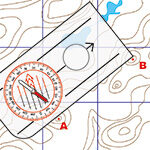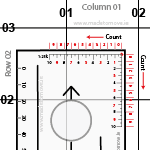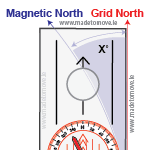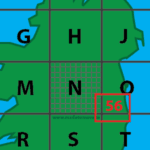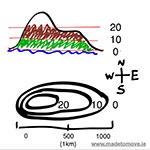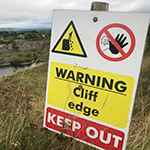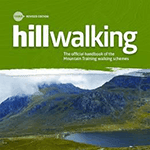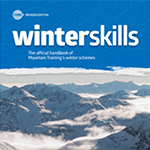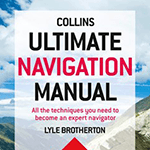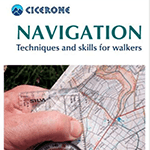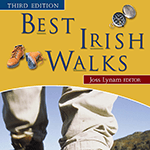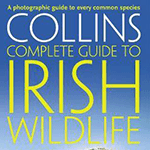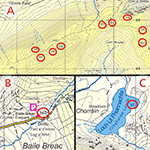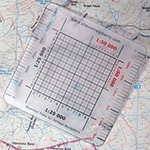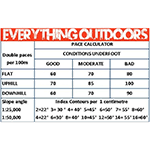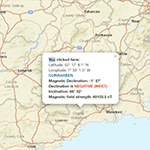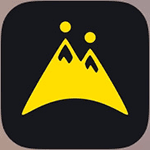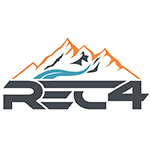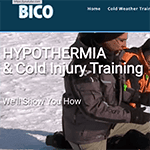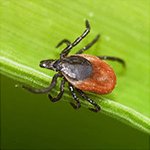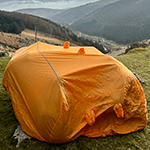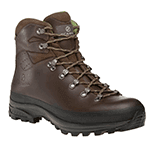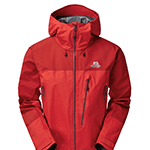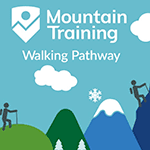Navigation Resources
You will find links to lots of navigation resources below. Review some of the content before a navigation course. In particular the first segment contains ‘Slide Shows’ that you might find helpful before attending a course. General navigation resources information about meeting times and locations can be found on individual course information pages.
Course Information Pages
- Mountain Navigation Starter, 1 Day information Page
- Mountain Navigation Improver, 2 Days Information Page
- Mountain Skills Scheme Information Page
- Mountain Skills One General Information Page
- Mountain Skills One Wicklow Specific Information Page
- Mountain Skills One Comeraghs Specific Information Page
- Mountain Skills One Galtees Specific Information Page
- Mountain Skills Two Wicklow Specific Information Page
- Mountain Skills Two Comeraghs Specific Information Page
- Equipment List, Terms & Conditions
Navigation Resources you might find useful before the course
You don’t have to read this but it may help you during the course, we will be reviewing it anyway.
Navigation Resources you might find useful after the course
You will find lots of links to navigation resources below. Some of which we may mention on a navigation course, it is a quick reference for you when you are trying to recall a book or equipment we mentioned.
Books: Hillwalking: The Official Handbook of the Mountain Training Walking Schemes.
Lots of info for people hoping to practise and so their Mountain Skills assessment. Also lots of info for potential Mountain Leaders. ISBN: 9780954151195
https://www.kennys.ieBooks: Winter Skills: Essential Walking And Climbing Techniques
Some good graphics in the section on taking a bearing, easy to understand. ISBN: 9780993033711
Books: The Ultimate Navigation Manual
Lots of good simple graphics: ISBN: 9780007424603
https://www.dubraybooks.ieBooks: Cicerone Navigation: Techniques and Skills for Walkers
Pocket size guide with simple drawings: ISBN: 9781852844905
Books: Best Irish Walks: Joss Lynam
The original, lots of ideas for routes: ISBN: 9780717130658
https://www.gillbooks.ieBooks: The Wildflowers of Ireland: Zoe Devlin
Organised by flower colour so easy to use: ISBN: 9780717130658
https://www.gillbooks.ie/Books: Complete Irish Wildlife: Introduction by Derek Mooney
Nice and simple, can fit in your rucksack: ISBN: 9780007349517
https://www.dubraybooks.ie/Maps: East West Mapping: Spot heights, grid labels & brown lines
East West Mapping has a useful webpage page that explains some of the details on their maps:
https://eastwestmapping.ie/spot-heights/
https://eastwestmapping.ie/grid-labelling/
https://eastwestmapping.ie/brown-lines/
https://eastwestmapping.ie/spot-heights/
https://eastwestmapping.ie/grid-labelling/
https://eastwestmapping.ie/brown-lines/
Navigation: Aids & Tools
Grid Reference Tool and lots more. “Essential Tools for Serious Navigators”
https://shavenraspberry.com/
Navigation: Timing & Pacing
A Useful guide, print it and laminate it, but it’s easier just to practise and learn the numbers.
https://www.everythingoutdoors.co.uk
Navigation: Magnetic Declination
A link to a Magnetic Declination Map. The link below will tell you the Magnetic Declination using a dropped pin on a map.
https://www.magnetic-declination.com/
This is an explanation of Magnetic Declination on my Resource Page.
https://madetomove.ie/resources/the-compass/
Apps: Hiiker
A useful App that you can locate yourself and also record your track. Good for practise particularly at night. The app has East West Maps and Irish Ordinance Survey (OSI) maps when you pay for the Pro Package. Free maps too.
https://hiiker.app/
https://hiiker.app/
Apps: Outdooractive
Another useful App that you can locate yourself and also record your track. The app does not have East West Maps but does have Irish Ordinance Survey (OSI) maps when you pay for the Pro Package. Free maps too.
https://www.outdooractive.com/en/
https://www.outdooractive.com/en/
First Aid: Providers
Enda Broderick
https://www.facebook.com/enda.broderick.77
https://www.facebook.com/enda.broderick.77
Remote Emergency Care
https://www.recfirstaid.eu/home/instructors
https://www.recfirstaid.eu/home/instructors
First Aid: Hypothermia
A link to a resource about Hypothermia, it’s free, but you have to register. It’s worth it.
https://bicorescue.com
Ticks
Lots of info here about Ticks and how to spot them and deal with them.
Gear: Group Shelter
These come in various sizes and weights to accommodate your group size. Lots of different manufacturers. I use a two man when I’m hiking by myself. I consider it essential. You can survive without food and water for a few days but you may not survive long without shelter. Buy one and bring it with you. Great for lunch breaks too!
https://rab.equipment/eu/group-shelter-8-10
https://rab.equipment/eu/group-shelter-8-10
Gear: Boots
I prefer leather boots for Irish conditions, winter and summer. Make sure to keep them in good condition. Don’t dry them next to heaters or the leather will dry and eventually crack:
https://www.scarpa.co.uk/walking-boots/trek-gtx/
Nikwax: Waterproofing
https://www.nikwax.com/en-gb/waterproofing/
Gear: Jacket
Waterproof and breathable with a good adjustable hood that closes around your neck and face but also turns when you turn your head. I look for a jacket with a map/chest pocket, it makes the map and compass disappear and reappear as you need them, no need to put the map in a rucksack, you are more inclined to use the map if it is easily available
https://www.mountain-equipment.co.uk/collections/mens-waterproofs/products/lhotse-mens-jacket
Mountaineering Ireland Route Card
I’d suggest doing a sample route card, and do a couple of legs. It will really get you looking hard at the map and putting it together with the landscape. Also its great practise for using the compass.
Route Card Download
Mountaineering Ireland Course Syllabus & Logbook PDF
This is a PDF of the Log Book. You will find a full explanation of the Mountain Skills syllabus and info on the assessment.
Course Syllabus and Log Book Download
Career Path
Lots of info here about the Lowland Leader and Mountain Leader scheme.
Scheme Flow Chart: Scheme Flow Chart
Mountain Leader: Mountain Leader Info
International Mountain Leader: International Mountain Leader Info
Lowland Leader: Lowland Leader Info
Mountain Training Website: Log your hikes on this website
Lots of info and an alternative logbook, use you Mountaineering Ireland Username and password.
MTM website https://www.mountain-training.org/
